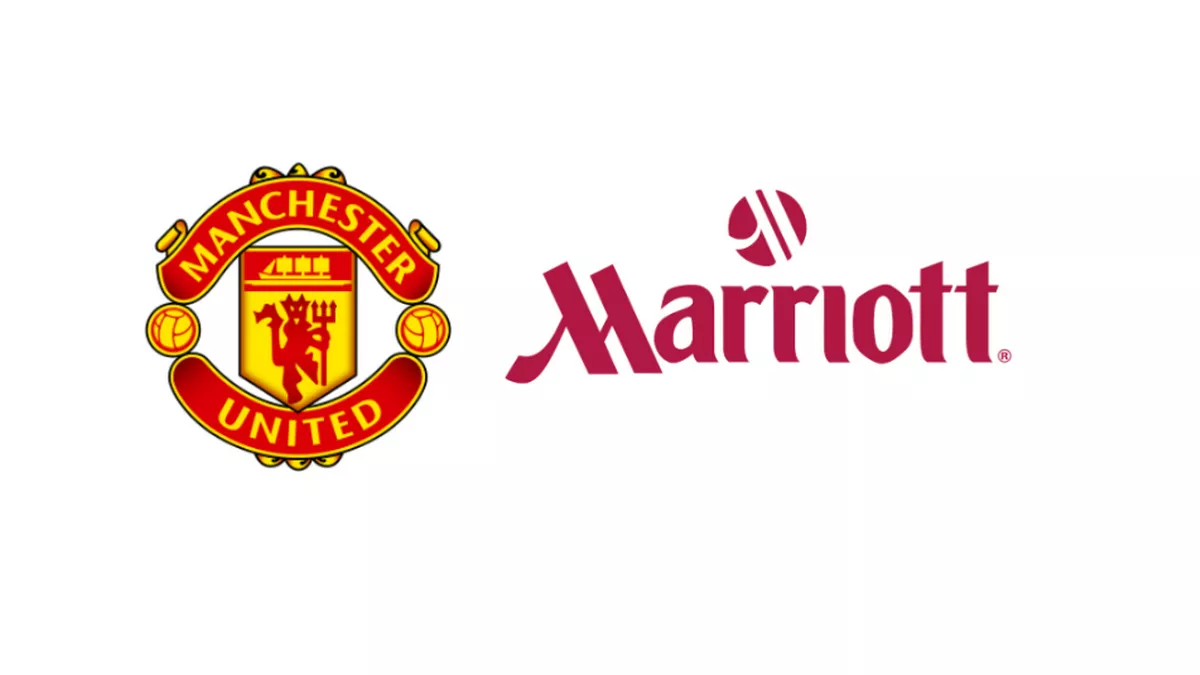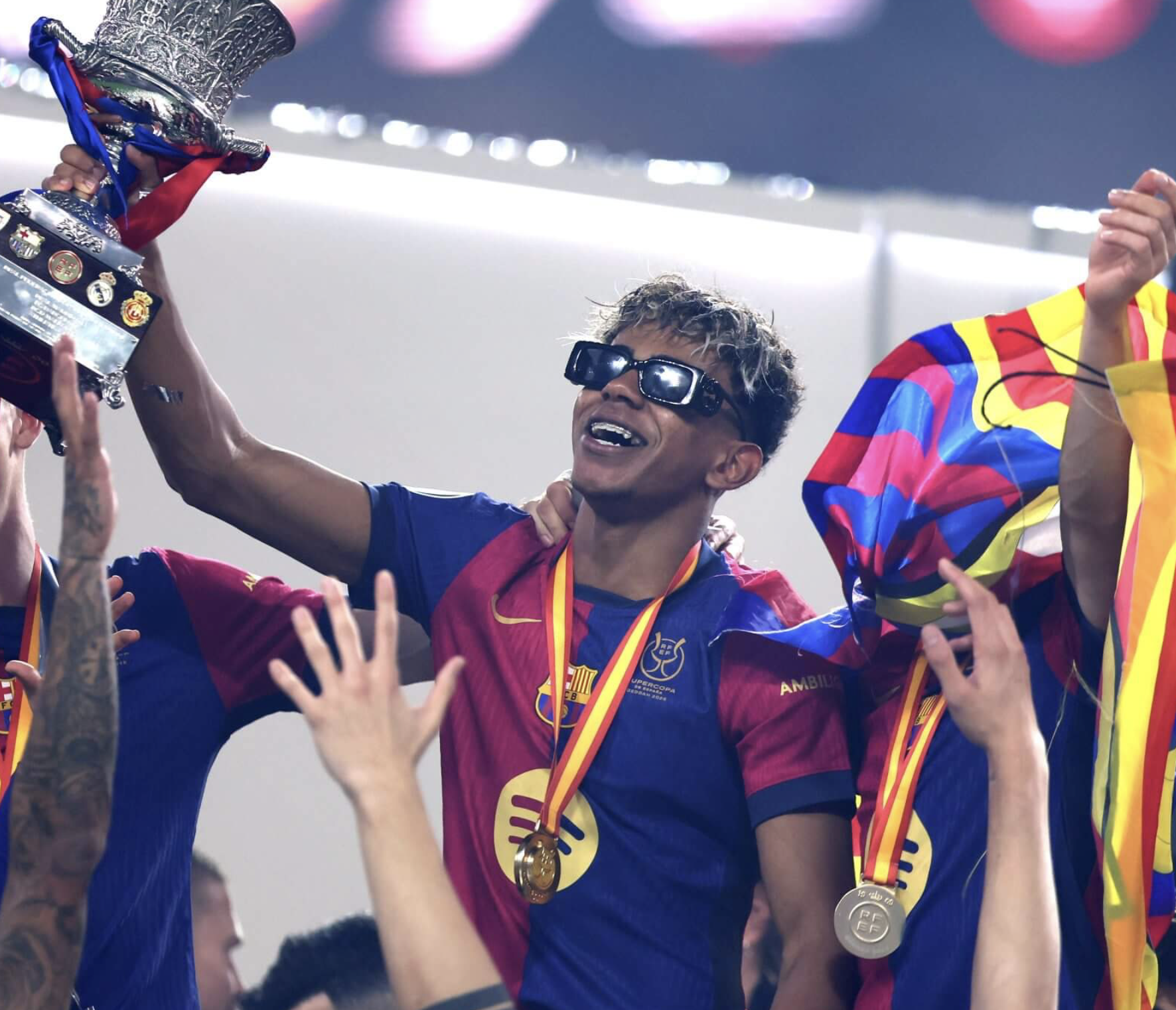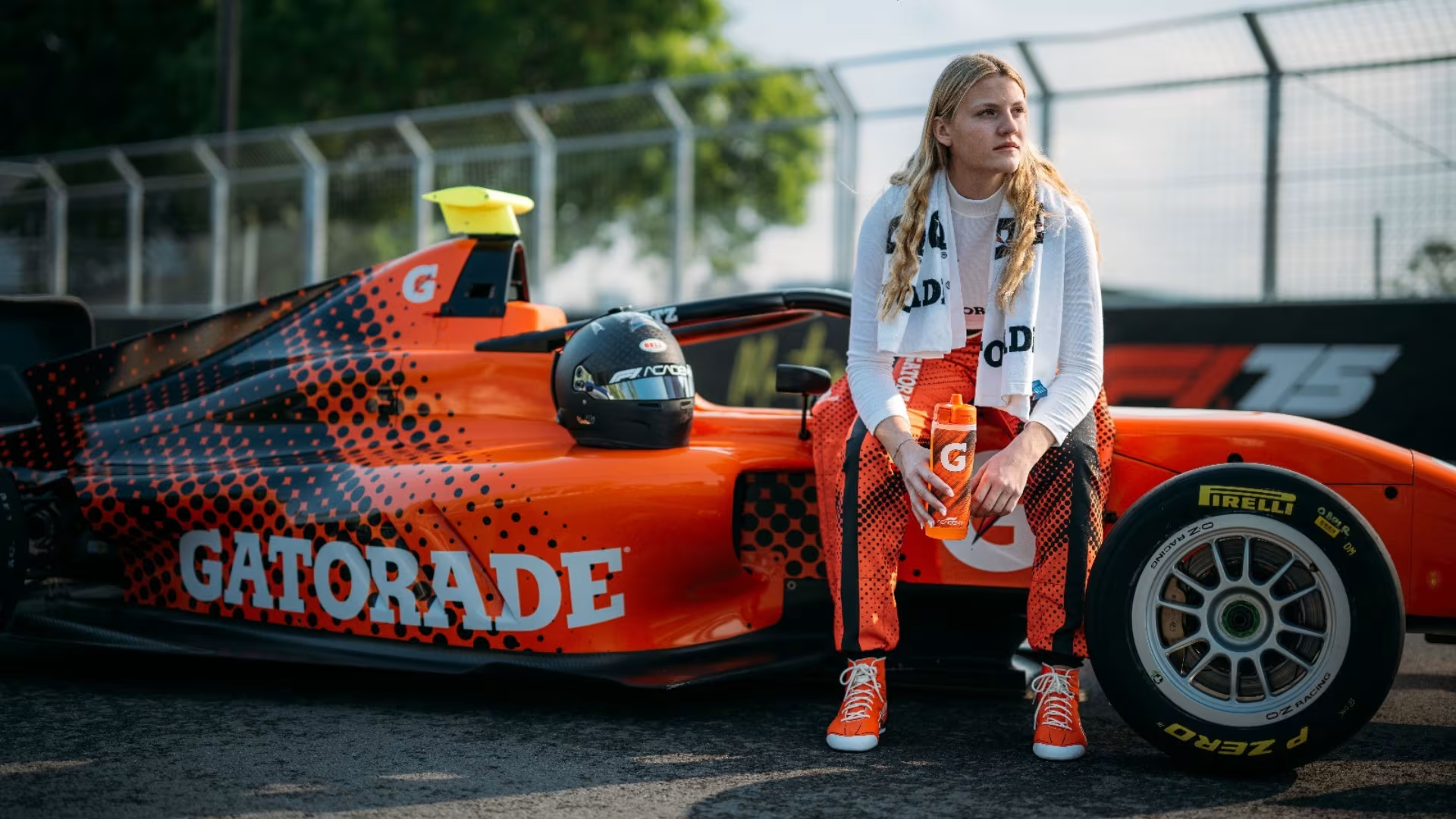Manchester United has taken a commercial hit ahead of the 2025/26 season, as global hospitality powerhouse Marriott International has chosen not to renew its high-profile sponsorship deal with the club.
The partnership, which began in 2019, was one of the most innovative in football — blending Marriott’s global loyalty program with unique Manchester United experiences. From luxury suite stays at Old Trafford to exclusive reward redemptions, the collaboration was designed to merge travel, fandom, and experience-driven branding.
However, Marriott has now withdrawn from the deal, citing internal cost-cutting measures, even as it maintains sponsorships with the Mercedes F1 Team and the Football Association (FA).
A Subtle, Yet Significant Loss
While Manchester United has sought to downplay the impact — citing pride in the relationship and emphasizing the strength of its remaining global sponsor portfolio — the timing of the split raises strategic questions.
Just months ago, United controversially:
- Skipped hotel bookings before an away match against Everton
- Opted for lower-tier Marriott properties over more luxurious alternatives during European travel
- Sparked player dissatisfaction over travel quality and accommodation standards — despite Marriott’s global reputation
These logistics, previously shaped by sponsorship obligations, now offer flexibility — but also highlight the trade-offs of sponsor-led operational decisions.
At 365247 Consultancy, we see this as a case study in how commercial partnerships directly affect football operations — from team logistics to brand positioning. Here’s why this matters:
1. Experience-Driven Sponsorships Require Alignment
When your sponsor is embedded in the player and fan journey (hotels, travel, accommodation), the partnership must enhance, not constrain. A world-class hotel brand needs to elevate the athlete experience — otherwise, brand friction occurs internally.
2. Dependency vs. Diversification
Marriott’s exit reveals the risk of over-dependency on one category sponsor. Clubs must develop layered ecosystems — where multiple partners offer optionality rather than obligation.
3. Logistics Are Now a Commercial Lever
Travel, hotel selection, and accommodation are no longer back-end decisions — they’re sponsor-visible assets. The question is: Are they being maximised for both team performance and partner value?
4. Repositioning the Category
With Marriott gone, United has a choice: find a new hotel partner, or expand the conversation to “lifestyle travel” — airlines, fintech booking apps, luxury concierge platforms. Each opens new avenues for sponsorship monetisation.
At 365247 Consultancy, we help clubs and brands navigate complex partnership shifts with precision. Whether it’s:
- Designing travel & logistics sponsorships that boost performance
- Creating multi-brand ecosystems across lifestyle, tech, and hospitality
- Repositioning exits into new market opportunities


